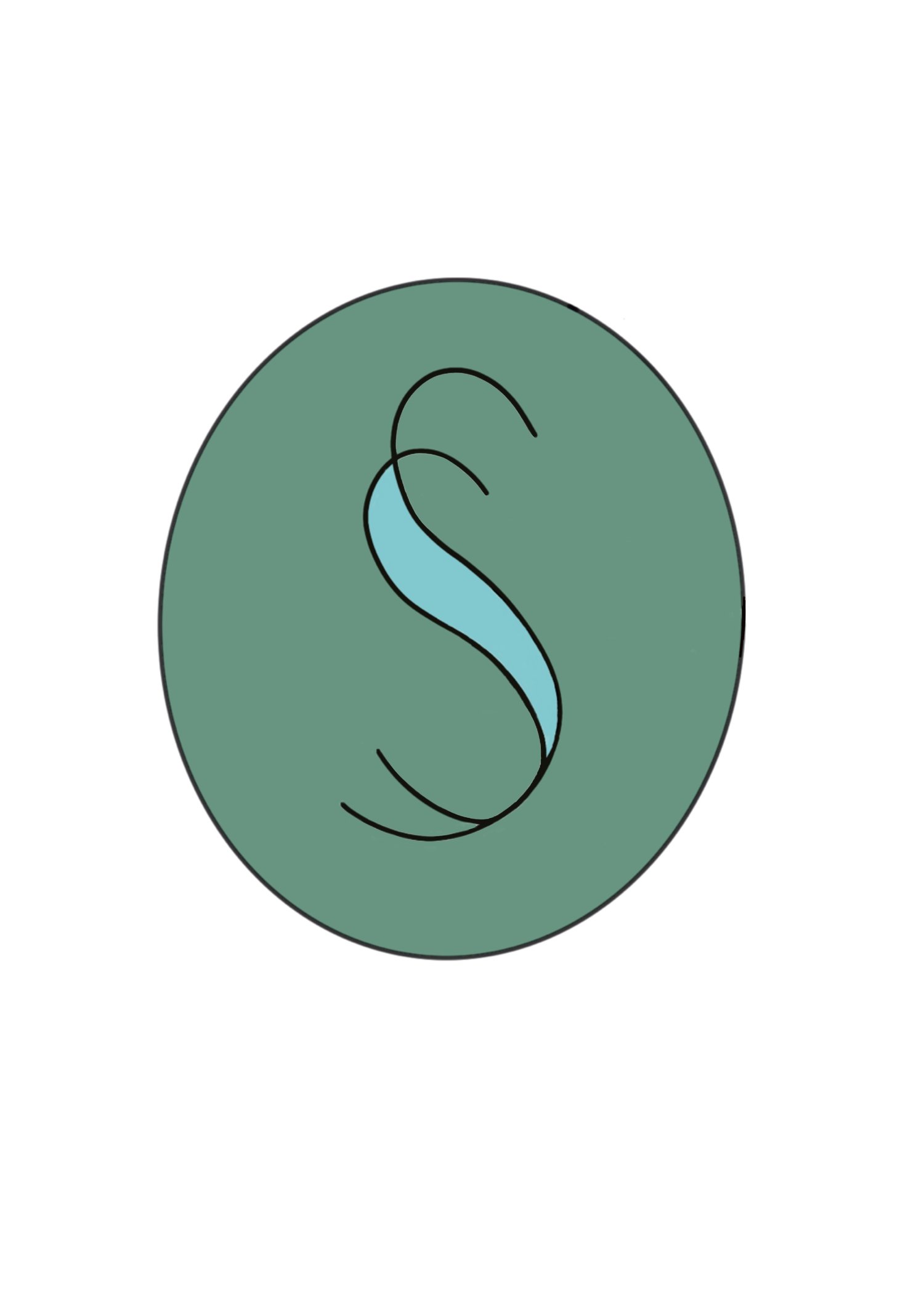Music Therapy intervention
-
Receive in person or online individual interventions services to address physical, mental, spiritual and emotional health, personal creative-growth or self care.
-
30 min
45 min
60 min
Sliding scale available.
Adaptive Music Lessons
-
Receive ongoing individual adaptive music lessons in person or online to enhance your musical and compositional skills, fostering creative growth and gaining the necessary proficiency on the instrument required for professional practice.
-
45 min
60 min
Music Therapy Supervision
-
Benefit from personalized supervision aimed at bolstering your work and advancing your professional growth. Collaboratively, we'll identify your objectives and devise effective strategies to help you achieve your desired outcomes.
-
60 min
Music Therapy
-
Music Therapy is a well established allied health profession that employs evidence-based use of music interventions to accomplish individualized goals within therapeutic relationships to improve health on a physical, emotional, spiritual, social and psychological level. Music therapists have graduated from accredited universities and training programs. They can be found in various settings and facilities, including schools, geriatric care centers, hospices, psychiatric facilities and hospitals.
-
My experience and areas of focus lie in treating anxiety, depression, PTSD, developmental trauma, pain management, palliative care, oncology, personal creative growth, highly sensitive individuals, and self-care.
-
Yes, music therapy is a well-established, evidence-based field supported by extensive scientific research. Numerous studies demonstrate its effectiveness in influencing cognitive functions, emotions, social behaviors, and physical movements.
Music therapy plays a significant role in processing trauma, both emotionally and physiologically, by promoting a sense of safety, relaxation, and connectedness within individuals. It achieves this by stimulating autonomic processes in the body, including breathing, rest, heart rate, and digestion. This strong connection between body and mind facilitates the successful management of health issues and the promotion of overall relaxation.
The efficacy of music therapy is widely recognized by prominent organizations like the American Music Therapy Association and the World Federation of Music Therapy, it is widely integrated into healthcare and educational settings as a valuable therapeutic intervention.
-
I do both individual and group interventions in mental health, medical, and educational settings. Tailored to specific goals, ongoing assessments and evaluations offer constructive feedback. My expertise lies in diverse cultural work, with a focus on the Latin American community across adult and youth populations.
In a Medical setting: My mission is to provide state-of-the-art care that complements medical treatments. My extensive experience includes working with patients in various departments, including the ICU, pediatrics, respiratory care, oncology, pain management, and palliative care. Furthermore, I extend my services to cater to the distinctive healthcare requirements of musicians and performing artists. I assist them in overcoming physical challenges and emotional trauma associated with their craft.
In a Mental Health context: The unique and highly personal nature of each human experience motivates me to develop a mental health framework centered around the capacity for genuine connections between the body, mind, emotions, and interpersonal relationships. My approach is designed to support individuals in processing and healing from trauma by addressing both the psychological and somatic aspects of their experiences. Through this approach, I foster self-awareness, emotional regulation, and empowerment via creative therapeutic music processes.
In an Educational context: I contribute to an inclusive educational model designed to address specific and individual learning needs. Here, I integrate adapted music lessons and trauma-informed practices to create a holistic approach to education.
-
Music therapy is designed for individuals in all age groups. It is a valuable resource for those with mental health needs, individuals dealing with unresolved trauma, people navigating relationship challenges, or those seeking to alleviate stress, anxiety, chronic pain, and enhance their overall quality of life.
-
No musical background is required for music therapy. All you need is an appreciation for music and a willingness to explore its therapeutic benefits. Music has the power to break through emotional barriers where words may fall short. If you've found it challenging to express certain feelings verbally, consider exploring the transformative journey of music therapy.
-
Trauma, emotional neglect, and distressing relationships can imprint on our nervous systems, disrupting natural rhythms of the body, which can manifest in our posture and movement patterns, along with unresolved emotions and limiting beliefs. In music therapy, I assess each client's needs and use music to explore emotional experiences safely and aesthetically.
Music therapy utilizes music's inherent qualities, like rhythm, in a therapeutic relationship to engage individuals with the intelligent processes of both body and mind. This promotes realignment, aiding in pain management, reducing anxiety and stress, improving mood, enhancing cognitive function, and promoting relaxation.
Music therapy involves experiences like improvisation, singing, playing instruments, and composing. Sessions may also include active listening and discussing music's meaning, serving as a tool to process emotions. This attentive approach uncovers valuable insights, enhancing the healing journey fostering lasting transformative change in the healing journey.
-
Music therapy, a creative arts therapy, adapts to individual goals and needs. We process emotions through experiences like listening, analyzing lyrics, improvisation, composing, movement, guided meditation, and verbal processing.
In a session, we use rhythm to regulate breathing, accompanied by live music tailored to patient preferences, spanning genres. This creates a safe space, promoting emotional release and potential benefits like lower blood pressure and muscle relaxation.
Patients release tension through clinical improvisation, playing instruments and focusing on trauma-related themes such as limiting beliefs (e.g., "I’m not good enough"), or physical symptoms like a racing heartbeat or physical pain connected to their experiences and recovery. This approach positively influences psychological well-being, aiding patients in confidently managing pain or stress.
it's essential to emphasize the development of musical resources, a session may conclude with a music meditation exercise for relaxation and connection. Through mindfully aware of your movements and physical sensations you'll tap into your body's intelligence to resolve issues and achieve your goals.
In the first session, we'll establish rapport and assess your physical, mental, and emotional state, establishing goals and explaining the music therapy process. Subsequent appointments will refine our approach based on your evolving needs and preferences.
-
Music therapy may need to be adjusted for individuals whose ability to be mindfully aware is limited due to factors like age, psychosis, disability, or acute stress. Music therapy is adaptable to individual needs and can be modified based on the person’s strengths, difficulties, capacities, and goals.
-
Ongoing training is standard for healthcare professionals, enabling therapists to establish healthier and more professional therapeutic relationships across various fields. My expertise spans music theory, classical and jazz composition, percussion, guitar/bass, and improvisation.
I provide personalized in-person and online lessons for aspiring music therapists, practitioners, and music educators. These sessions enhance musical skills, foster creative growth, and boost confidence in playing specific instruments for professional roles. Lessons are also available for professionals in diverse educational and healthcare settings interested in learning and applying music therapy techniques.
My teaching approach is tailored to individual needs and proficiency levels, harnessing unique strengths and creative expressions of individuals. Alongside developing the essential instrument-related skills for professional practice, my instruction covers two main areas:
Composition: Learn composition to enrich clinical work or creative growth. I offer an intuitive process connecting body and mind, focusing on melody, harmony, rhythm, form, and accompaniment. We explore all sound components deeply, exploring every facet.
Discovering what inspires your creative exploration.
Learning the building blocks of melody and harmony.
Experimenting with rhythm, tempos, and drawing from diverse cultures to create a timeless sonic palette.
Navigating the process of crafting song lyrics for self-expression.
By the end, you’ll understand how to tell your story using melody, rhythm, and harmony, unlocking all the tools you need to take the next step on your journey toward true creative expression.
Instruments: My lessons cover various instruments, including hand-pan, guitar, bass, percussion, ukulele, and drums. I teach instrument mastery, adaptation for specific settings and populations, in both group and individual contexts, fostering creative expression.
-
Facing challenges in clinical work or music courses? I provide music theory and ear training, from beginner to advanced levels, for those with a foundational understanding of their instrument. I'll help refine your musical skills and make theory engaging. Let's set goals and work towards acquiring fundamental theory skills for professional practice, no matter where you are in your musical journey.



